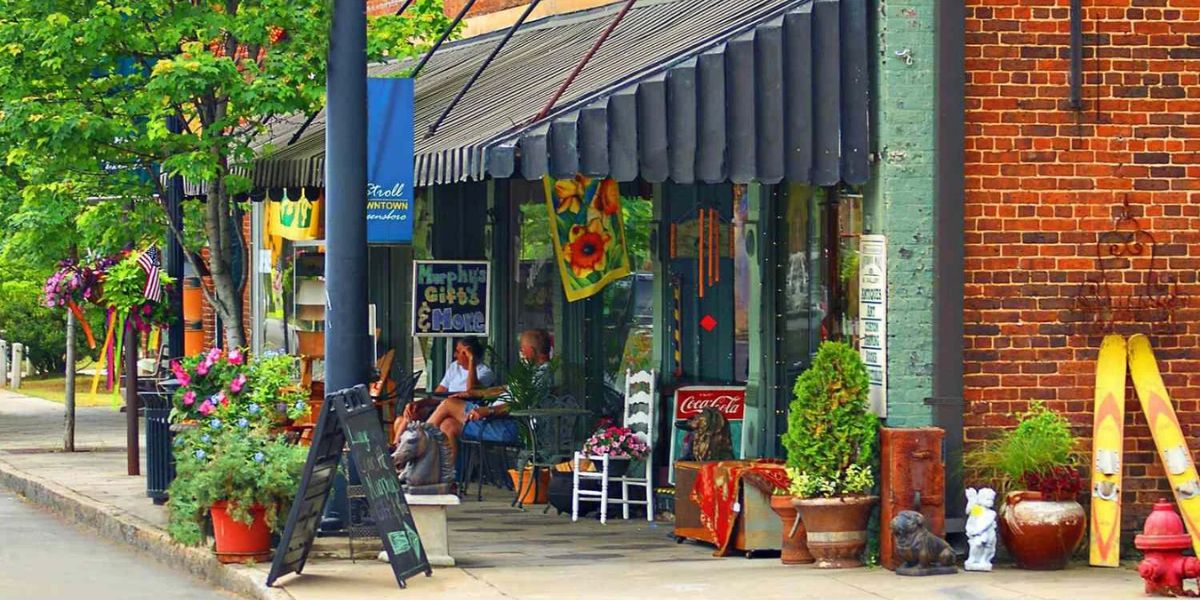An unexpected bankruptcy petition was submitted by a huge retailer in Ohio last month, and as a result, the company has now closed other major stores in the state.
Following the accumulation of a staggering $3.3 billion in debt that had not been paid, Rite Aid eventually filed for bankruptcy in October.
To this point in the year, the stock price of the company has dropped by more than 93 percent.
Rite Aid announced that 154 sites around the country, including those in Ohio, will be closing their doors shortly as part of its first announcement of bankruptcy.
The overall number of closures has now reached 237, with thirteen of those closures occurring in the state of Ohio. Since then, they have submitted four further updates.
“to further reduce rent expense and strengthen overall financial performance,” says Catherine Carter, a spokesman for Rite Aid, is the reason for the closure of the stores that have been failing.
It has been decided that the following Rite Aid locations in Ohio will now be permanently closed:
- Massillon: 3129 Lincoln Way East.
- New Carlisle: 120 South Main Street.
- Dayton: 146 Woodman Drive.
- Youngstown: 2701 Market Street.
- Springfield: 401 West North Street.
- Bellefontaine: 230 South Main Street.
- Toledo: 3911 Secor Rd.
- Sylvania: 5890 Monroe St.
- Youngstown. 2800 Mahoning Ave.
- Mt Gilead. 510 West Marion Rd.
- Willowick. 30500 Lakeshore Blvd.
- 5033 Suder Ave, Toledo.
- 4332 Cleveland Ave, NW Canton.
- 501 Water St, Chardon.
Several consumers are reportedly suffering delays in the delivery of their drugs, as reported by The Sun.
A phenomenon that is commonly referred to as “pharmacy deserts” is caused by the closure of these critical merchants.
Due to the recent closure of both independent and chain pharmacies, the problem of pharmacy deserts has been around for a long time and has become even more severe.
It is not uncommon for some individuals to stop taking their medications when pharmacies close their doors, particularly those who reside in areas that are devoid of pharmacies.
Some people may take time off from work or put off picking up their medicines.
According to Dima Qato, an associate professor at the University of Southern California School of Pharmacy, “vulnerable communities are being harmed by the widespread closure of many pharmacies.”




